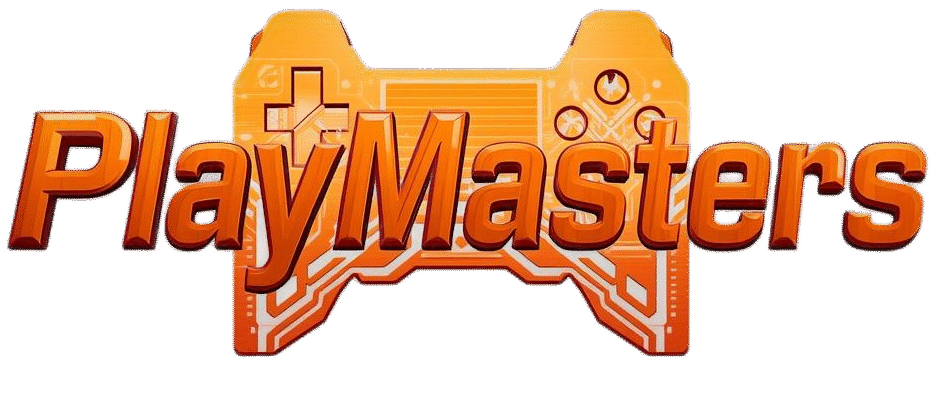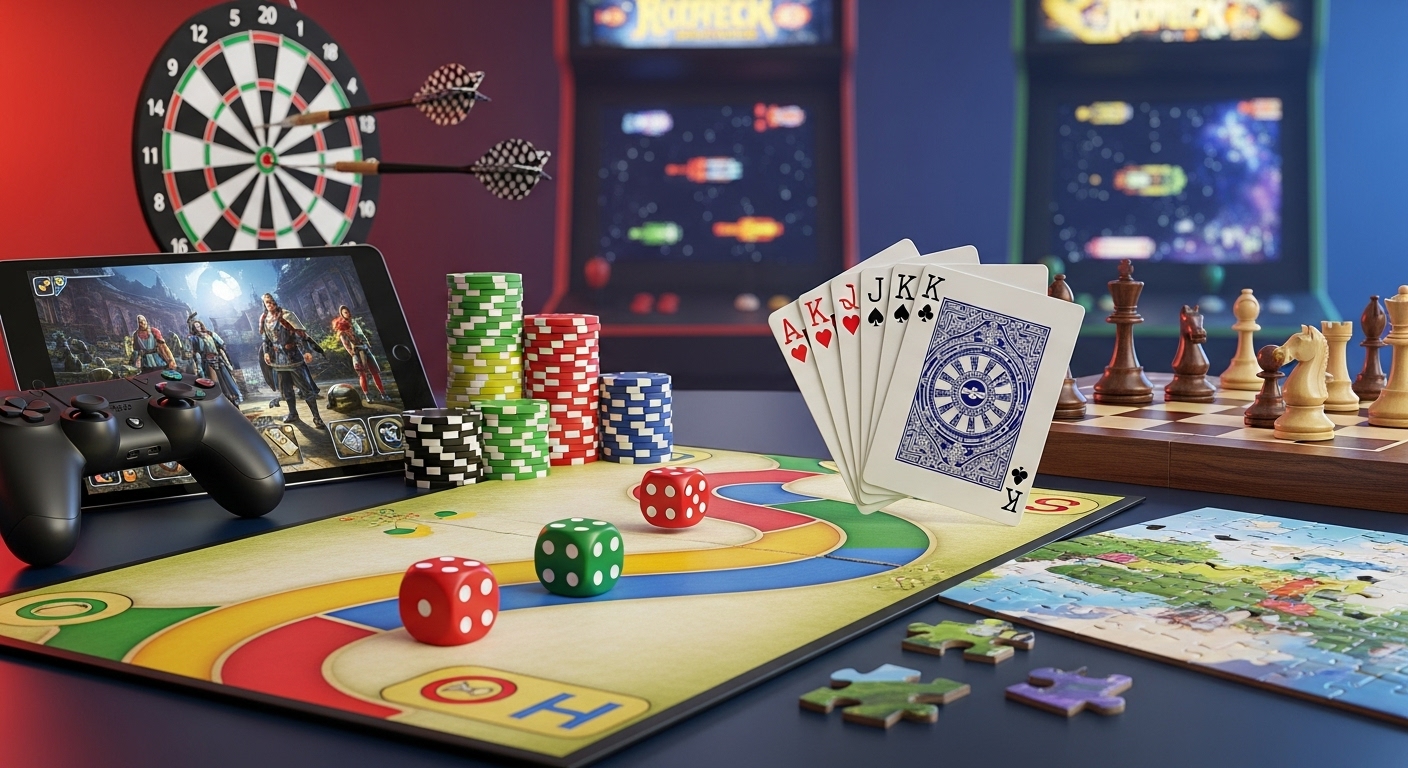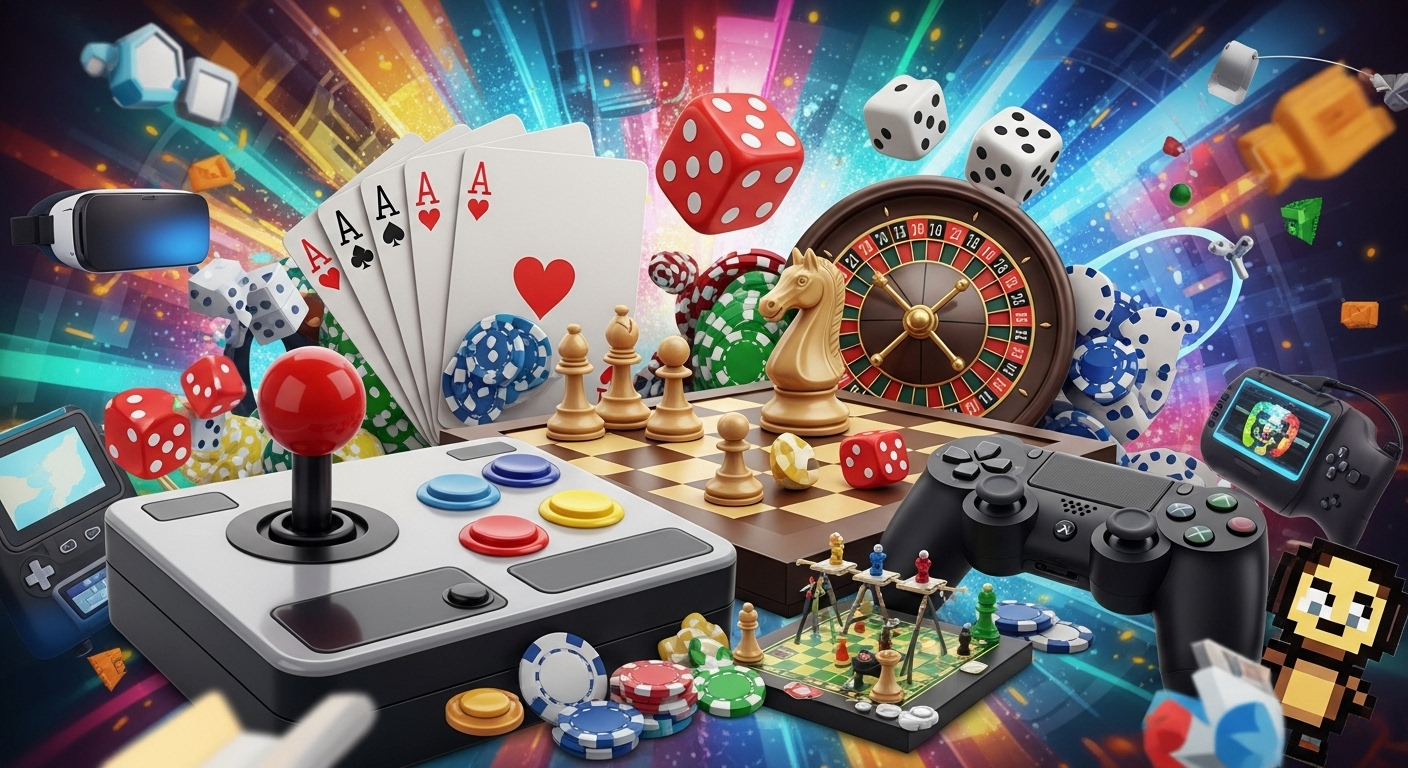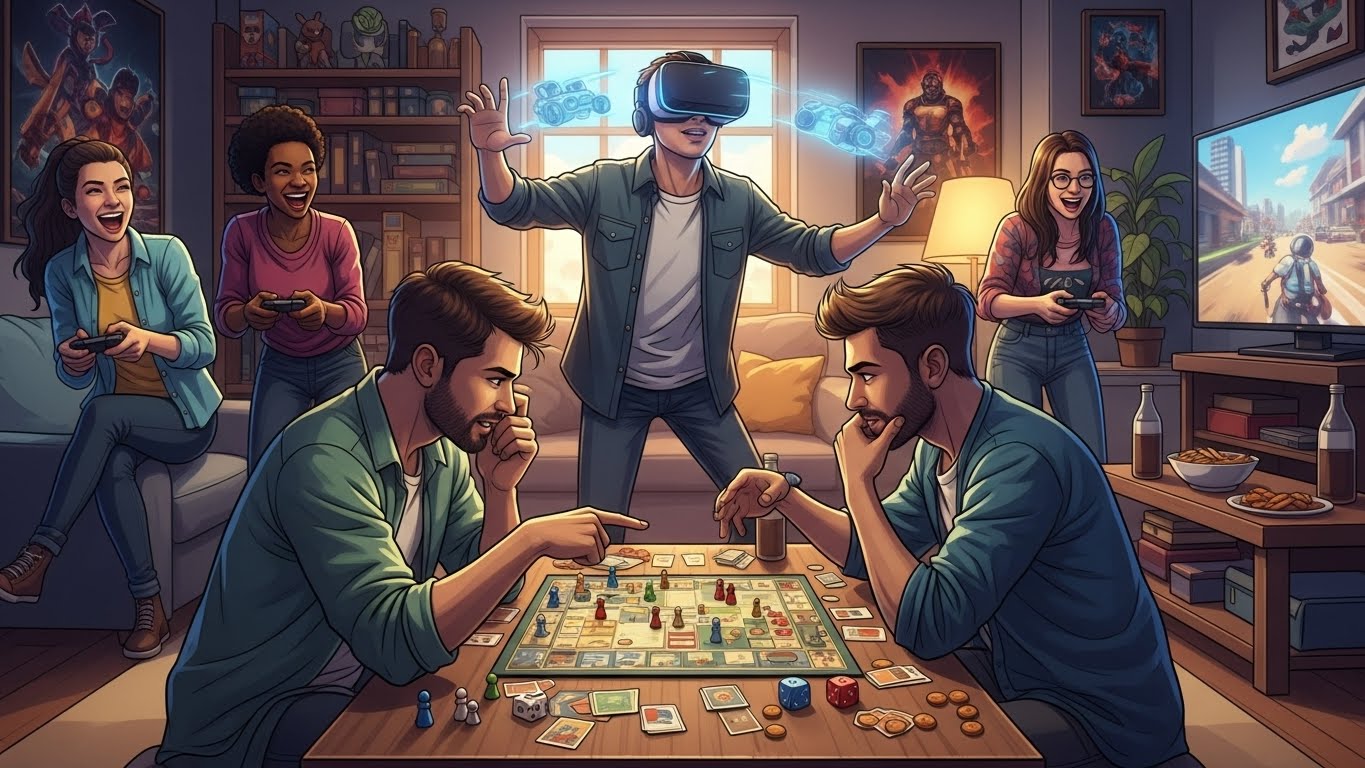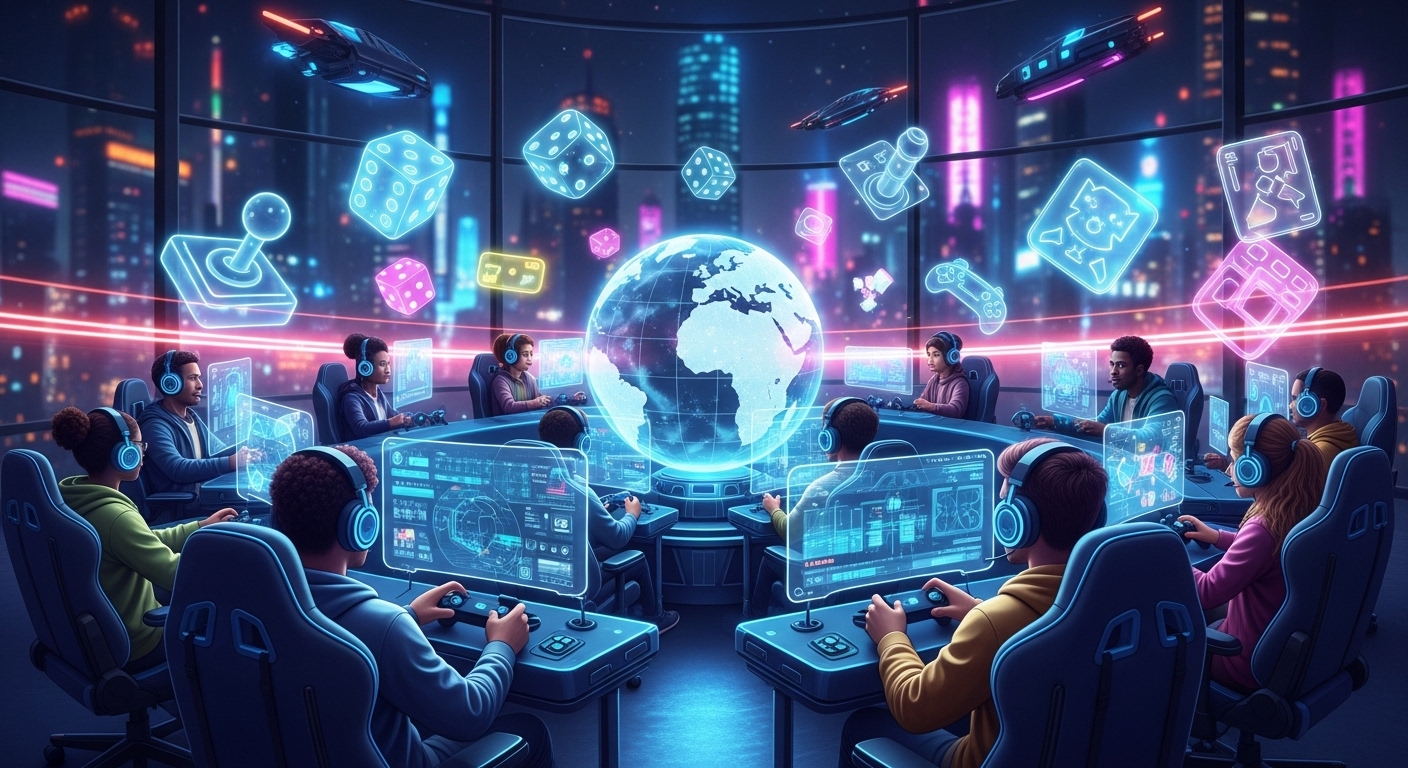Introduction: The World of Games
Games have been a part of human life for centuries, offering entertainment, challenge, and a way to connect with others. From board games and puzzles to digital games and virtual experiences, games engage the mind, foster creativity, and provide a platform for social interaction. They are not just a pastime—they are a way to learn, think critically, and enjoy the thrill of competition.
The History and Evolution of Games
Games have evolved alongside human civilization. Ancient societies created games like chess, dice, and strategic contests to challenge the mind and test skills. With the advent of computers and digital technology, video games became a global phenomenon. Today, games range from casual mobile apps to immersive virtual reality experiences, blending storytelling, strategy, and entertainment.
The Social Benefits of Games
Games bring people together, fostering connection and teamwork. Multiplayer games allow friends and strangers to collaborate, compete, and form bonds across the globe. Traditional games, like board games or card games, encourage communication, patience, and strategic thinking. In every form, games create shared experiences and strengthen relationships.
Mental and Cognitive Advantages
Playing games offers significant mental benefits. Strategy and puzzle games enhance critical thinking, problem-solving, and planning skills. Fast-paced action games improve reflexes, hand-eye coordination, and decision-making. Role-playing and simulation games nurture creativity, imagination, and adaptability. Games challenge the brain in ways that are both fun and educational.
Games as a Career Path
The gaming industry has grown into a thriving professional field. Competitive gaming, or esports, attracts players who compete for recognition and substantial prize money. Game design, development, and content creation provide career opportunities for creative and technical talents. Streaming platforms allow gamers to share their skills with a global audience, making passion a viable profession.
Challenges in Gaming
While games provide entertainment and learning, they also pose challenges. Excessive gaming can lead to addiction, fatigue, or social isolation. Online toxicity and negative behavior in gaming communities can impact players’ experiences. It is essential to maintain a balance and encourage responsible gaming habits for a healthy and positive experience.
The Future of Games
The future of games is dynamic and full of innovation. Virtual reality, augmented reality, and artificial intelligence are transforming gameplay, creating immersive worlds and interactive experiences. Games are becoming more inclusive, accessible, and educational, catering to players of all ages and abilities. As technology advances, the possibilities for creativity and engagement in gaming are limitless.
Conclusion: The Lasting Impact of Games
Games are more than entertainment; they are tools for learning, social connection, and personal growth. They inspire imagination, challenge the mind, and bring people together. From traditional board games to cutting-edge digital experiences, games will continue to evolve and enrich lives, proving that play is an essential part of the human experience.
